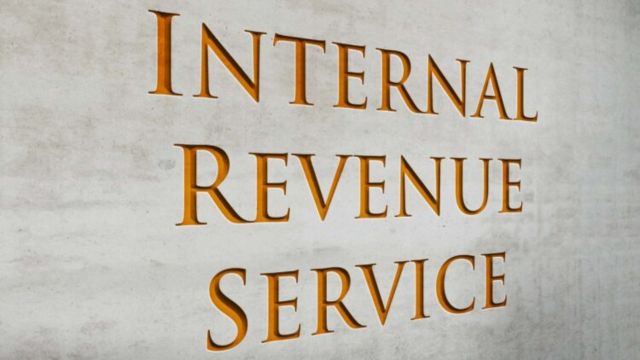Legal fights concerning the IRS and the Employee Retention Credit (ERC) are heating up, with various lawsuits demanding refunds under this credit. These instances reflect a growing discontent among businesses that believe they are entitled to substantial refunds under the ERC program, which was created to assist employers during the COVID-19 outbreak. As additional businesses join the fray, this legal tsunami might signal the start of a larger battle between employers and the IRS over how the agency has handled these claims.
One such scenario involves an Ohio-based industrial employment company that was forced to cease its hiring events during the pandemic due to government limitations. According to a legal document from September, the corporation is now requesting a return of more than $5 million in ERC claims. Another firm, a North Carolina daycare center, is suing for more than $394,000 in due reimbursements. These cases are not isolated; they are part of a larger pattern of employers using the courts to fight the IRS’s handling of ERC claims.
What is the problem with the ERC
The ERC, which was designed to assist firms in retaining personnel during pandemic-related shutdowns, has caused a great deal of uncertainty and frustration. The IRS has struggled to manage the huge volume of claims, resulting in a significant backlog. Many employers that filed for the credit experienced years of delays, and thousands of firms are now receiving notices of claim disallowance. To make matters worse, the IRS has confessed that some of the rejection letters were issued incorrectly, trapping many firms in a bureaucratic quagmire as they attempt to recoup monies they believe they are entitled.
One of the primary causes of these legal issues is the IRS’s treatment of ERC claims. The ERC was created as a refundable tax credit to encourage firms to keep their employees on payroll during COVID-related closures. However, several businesses were duped by aggressive marketing by promoters who promised quick access to these credits. This resulted in a boom in claims, many of which were incorrect or fraudulent. At one point, the National Taxpayer Advocate reported that the IRS was dealing with a backlog of around 1.4 million ERC claims.
Although the IRS has recently resumed processing these claims following a year-long hiatus, the agency is still trying to clear the backlog. It has even encouraged businesses to participate in the Voluntary Disclosure Program, which allows them to amend their ERC claims at a reduced cost. Despite these efforts, many firms are dissatisfied. Some claimants have stated that they have not received even basic information on the status of their claims, such as a formal notice of disallowance or an explanation for the delay.
The Impact of IRS Delays
In Ohio, The Job Center LLC, an industrial employment agency, is suing the IRS for $5.1 million in unpaid ERC refunds. According to the lawsuit, the corporation is entitled to retention credits for five fiscal quarters from 2020 to 2021 under the government shutdown provision. The company alleges that the epidemic compelled it to change its operations across numerous states to comply with local, state, and federal limitations, disrupting typical business activities such as travel, group meetings, and hiring events. The company claims that, despite filing for these refunds in June 2023, the IRS has not provided a reason for the delay or issued any formal disallowances, audits, or deficiency notifications. As a result, The Job Center LLC seeks not only the payment of outstanding credits but also interest and attorney fees.
A similar case is underway in North Carolina, where Miss Marta’s Inc., a daycare known as The Learning Tree, is suing the IRS for more than $394,000. The daycare believes it qualifies for the ERC because to a significant drop in gross receipts during six fiscal quarters between 2020 and 2021. The company claims it filed revised forms on time, but its claim was denied without examination due to the IRS’s pause in processing. In its case, “the IRS has delayed processing ERC claims to such an extent that it has effectively suspended the program.”
In response to these and other lawsuits, the IRS provided many explanations for the delays. Deputy Commissioner Douglas O’Donnell confirmed that the agency had received an unprecedented number of claims, many of which were illegitimate. He also noted that the complexity of some claims necessitated manual reviews by IRS personnel, which contributed to the delay. Furthermore, the IRS had to increase its resources to manage the surge in claims.

